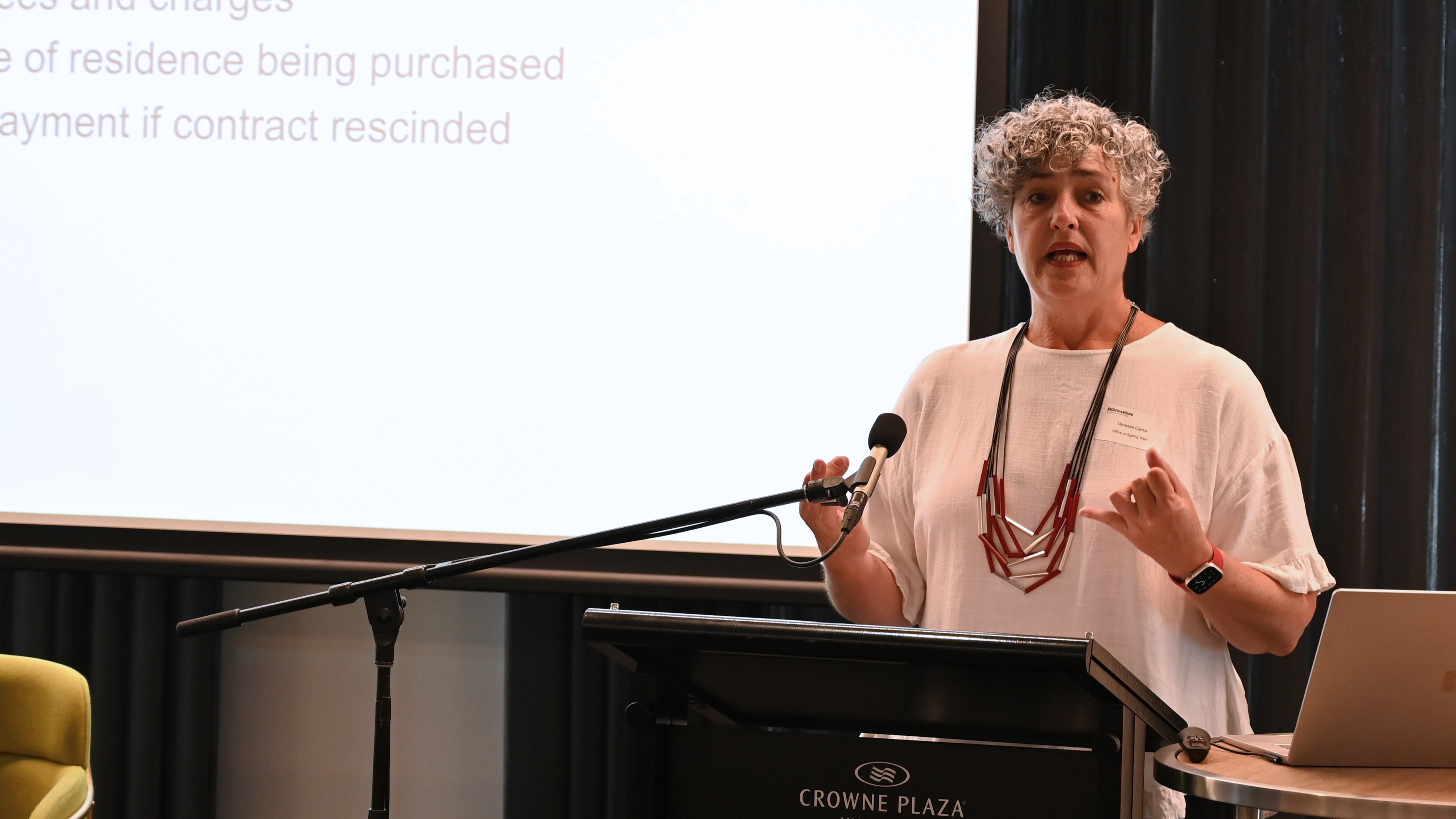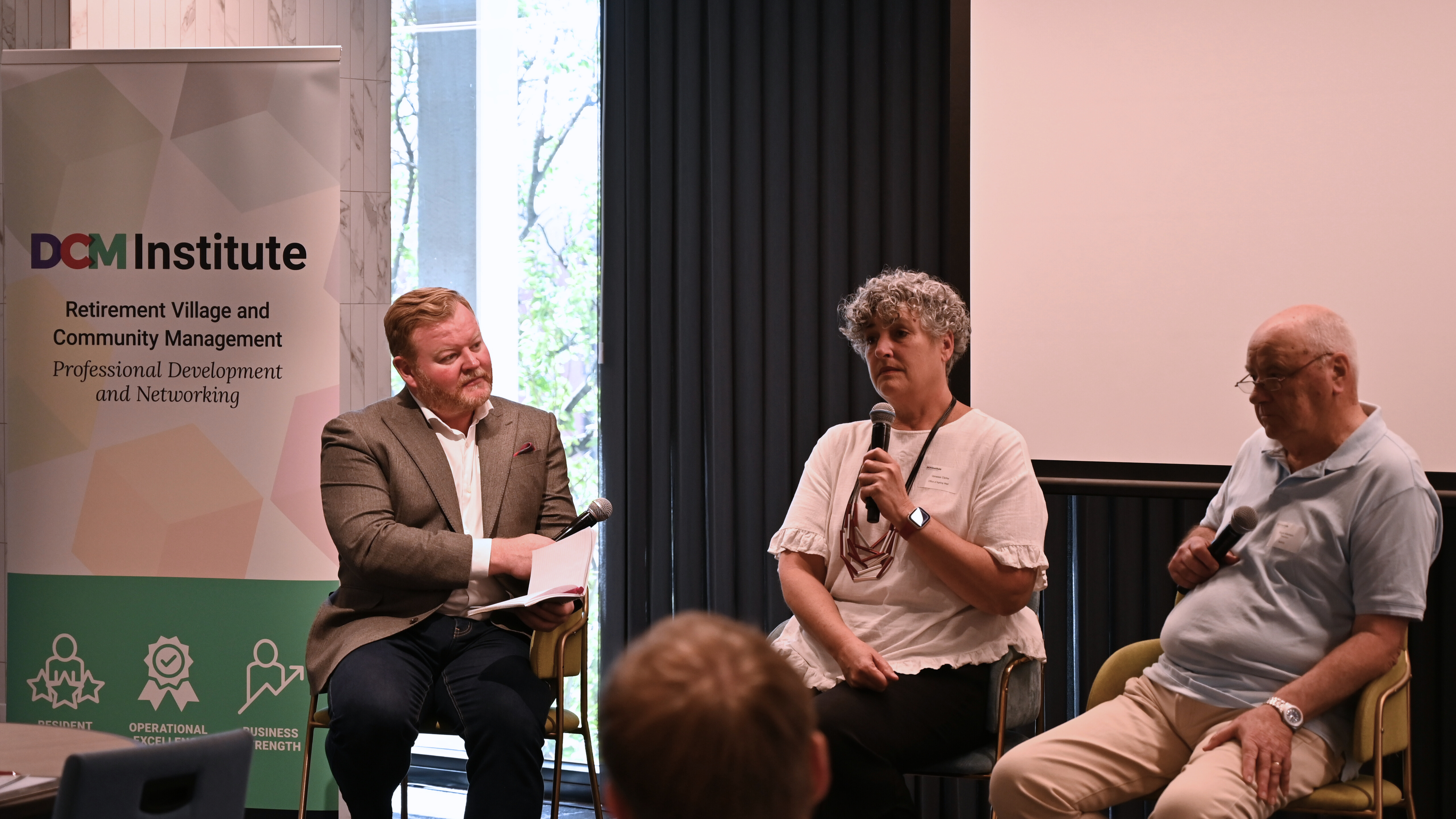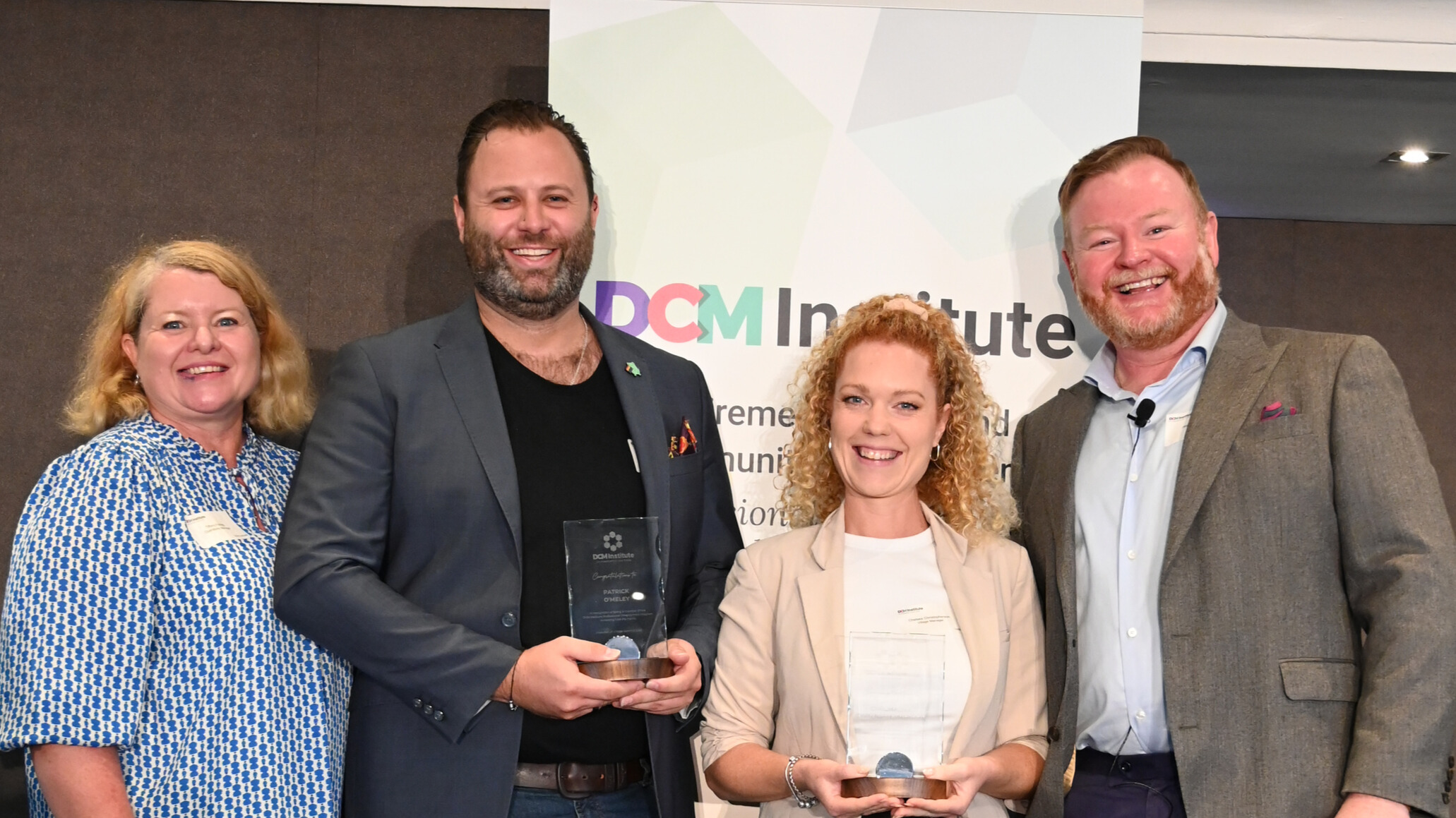The RLC has just released a 48 page policy argument for the government and the Federal Department of Health and Aged Care to recognise that retirement villages already provide home support and that a small number of policy changes to the Community and Home support funding programs can save the Government $100 million a year.
The concept of Shared Care is to take a small portion of a large number of village residents’ Community and Home support packages and apply those funds to the full village, which would deliver economies of scale and investments in wellness supports for all residents.

An example would be instead of say 10 residents each utilising their individual home support packages to be individually taken to the shops to buy their groceries, part of those funds would be used to fund a village bus trip where one bus and one driver takes 10 people to the shops.
Another example would be for the collective funds to pay for a village nurse, who would not only look after people on Government-funded Packages but also the other village residents and with the better health support, more likely arrest their pending acuity.

The report also points out that village operators already deliver many of the common services under a Community or Home Support Package, such as home modifications, transport to medical and recreational events, meals and meal preparation, assistive technology and domestic assistance.
Under a master Home Care Package, why can’t the village expand the delivery of the services and be compensated? The result would be cheaper than a resident receiving the services from an outside home care provider.
There is a long way to go before Shared Care may be fully embraced by Government, but elements could be announced as early as the May Federal Budget.
The major achievement is that the Department, therefore the Government, is recognising the role and the opportunity of retirement villages deliver in the care journey.
The RLC is recommending a trial or pilot. The hope is that can commence soon so that when the new Support at Home program commences in July 2025, there is a platform to expand on.
The sector has moved a long way in the last year or two. And this is needed, because as we reported last Thursday in The SOURCE, in the nine months to September 2023 just 520 new aged care places were added in Australia compared to the Government’s estimate of 8,800 required every year.
Retirement village ‘beds’, with professional support, can go a long way to fill this gap with the benefit of Shared Care.
Originally published in The Weekly Source.
Home Care In Retirement Living
Participants in DCM Institute’s Professional Development Program have access to an exclusive webinar ‘Home Care in Retirement Living,” later this month.

The purpose of this webinar is to look at the different ways in which Home Care works in a retirement village setting. We have invited two subject matter experts to provide guidance on the options available to them, and to explore the models that are currently out there across the country.
For more information on the webinar email: dcmi@thedcmgroup.com.au.





